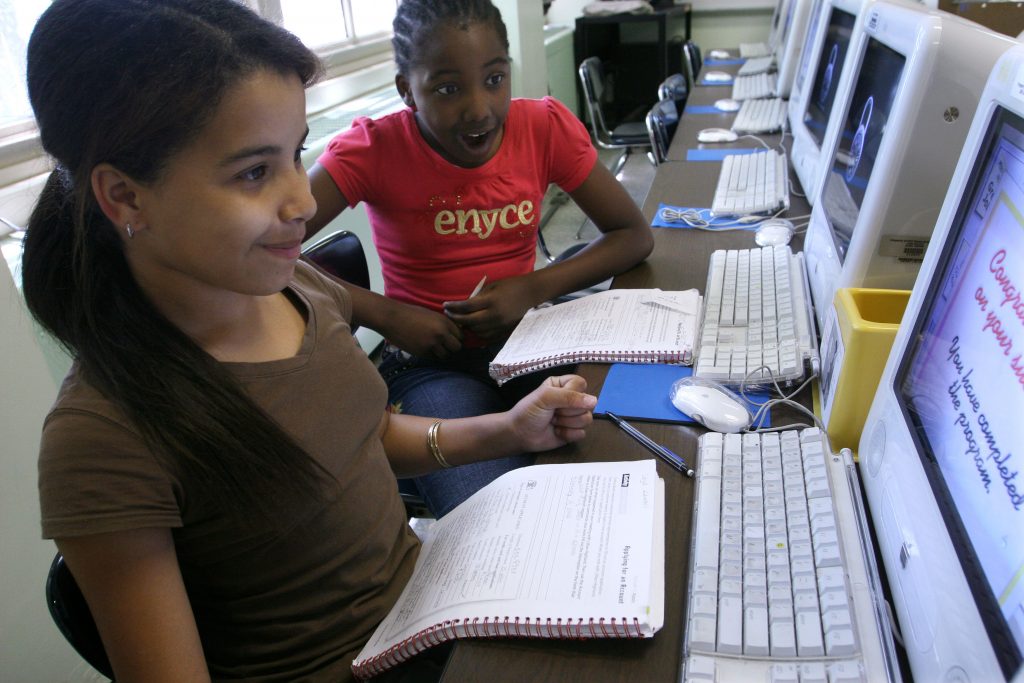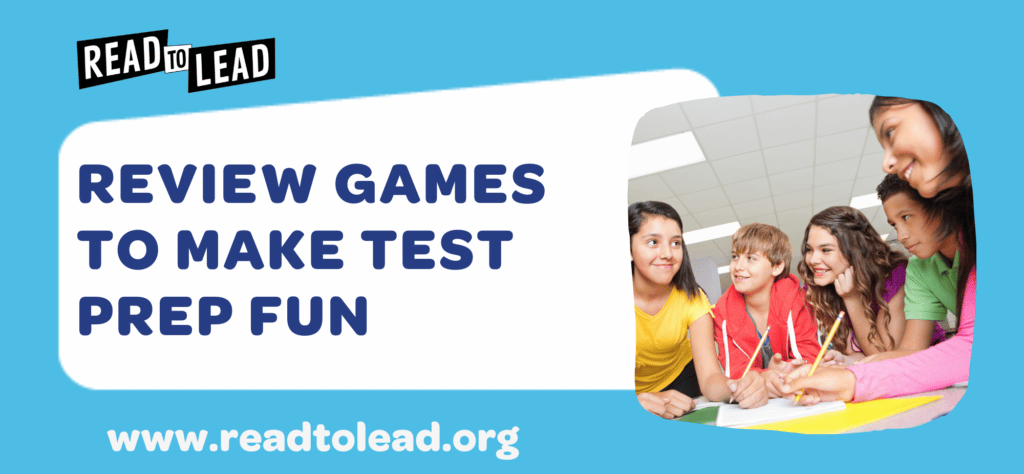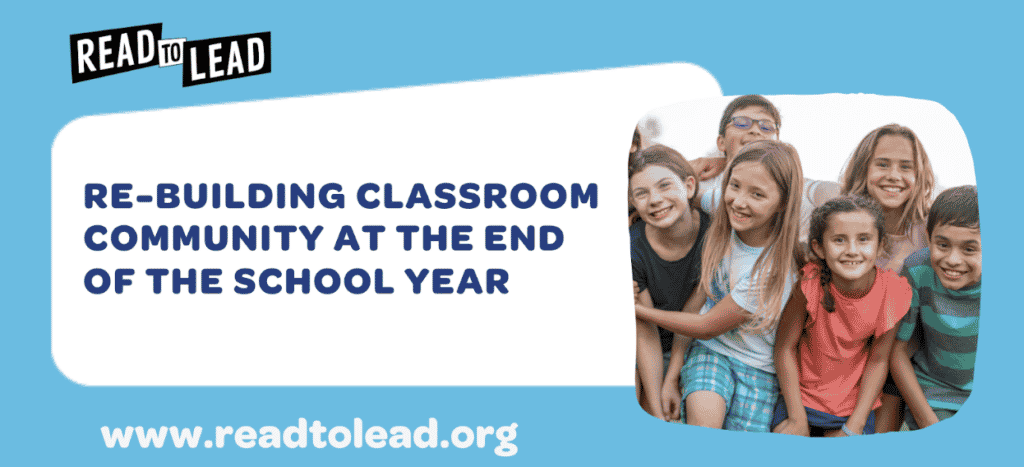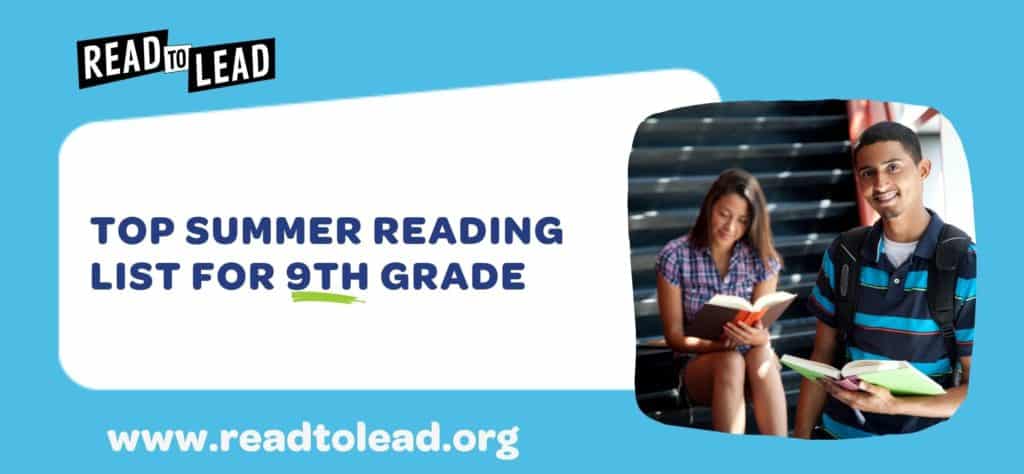
Learning loss, typically associated with summer vacation, is a well-known challenge that educators face, particularly after extended breaks in instruction.
This new school year, as students return to a variety of classroom environments, educators are facing an additional challenge: “COVID Slide”, which accounts for the additional month’s students spent out of school buildings this spring because of the pandemic.
This long absence from in-person instruction will inevitably compound the summer learning loss that students usually face. Achieve3000 predicted that students could lose 49% of potential learning gains by the start of next school year and that the achievement gap between low- and high-income students could increase by as much as 18%.
Numerous schools have reported not being able to have any contact with some of their students from the onset of the pandemic. The potential for learning loss with that population is significant.
Through these are sobering statistics, educators can develop instruction plans that can mitigate the effects of learning loss. Here are three strategies to help counter the effects of learning regression exacerbated by the COVID-19 school closures.
Engage Students with Real-World Application
Research shows that even before COVID-19 closed schools and classrooms went online, students were feeling disengaged from their education, with more than half of middle school students reporting that they felt “not engaged” or “actively disengaged” in their learning.
There are many factors as to why students may feel disengaged at school. One key complaint is “boring and irrelevant” lessons. Selecting curriculum and resources that have direct applications to the real world can engage students in their learning, improving overall results.
A variety of free tools can help students understand the real-world application and relevance of their education. These tools can help combat COVID-19 learning loss, but also ensure they are preparing to become engaged citizens of their community, country, and the world.
Read to Lead Recommends:
• Introduce students to the 17 Sustainable Development Goals (SDGs) adopted by the United Nations 2030 Agenda for Sustainable Development via SGDs in Action, a mobile app that helps students learn about and engage with issues affecting our world and environment.
• Bring governance, politics, and civic participation to life with iCivics, which features interactive games and classroom resources for educators to break down the complexities of civics education in a fun and enjoyable way.
• Couragion exposes students to a variety of STEM careers through inclusive, work-based learning experiences that prepare students for jobs of the future.
Make Learning Fun with Gamification
 It’s no secret that the old-fashioned approach of a teacher spending an entire class lecturing does not lead to happy, engaged students. With educators facing even more significant literacy loss than in years past, it is critical that students have access to learning experiences that are both academic and fun.
It’s no secret that the old-fashioned approach of a teacher spending an entire class lecturing does not lead to happy, engaged students. With educators facing even more significant literacy loss than in years past, it is critical that students have access to learning experiences that are both academic and fun.
Gamified learning platforms offer an alternative to traditional forms of instruction. Game-based learning has been shown to be an effective way to improve literacy, in addition to increasing engagement and motivation among learners.
Read to Lead Recommends:
• Prodigy, a curriculum-aligned program for mathematics allows educators to design assignments and provide feedback, while students cover core concepts within a fun video game layout.
• Khan Academy is a favorite among teachers and students for its interactive and easy-to-navigate interface, which features subjects such as math, science, history, and more.
• Scholastic has a variety of learning games available for students covering a range of subjects and grade levels.
Elevate Student Choice, Voice, and Agency
Middle school is a unique time for any student. With schools reopening after COVID-19, middle school students face the additional challenge of getting back on track with their academics while navigating the new normal.
When students have a choice in what they learn and are offered customized learning paths catered to them, they display greater engagement, which translates to better academic outcomes. Affording students greater agency also drives self-initiated learning, fosters collaborative learning environments, and helps inculcate students with a range of essential skills.
Project-Based Learning (PBL) is an effective way to elevate student choice, voice, and agency. PBL offers students the freedom to direct their own learning, and empowers them to take ownership of their education, which can help combat learning loss. This translates to better outcomes in terms of student performance academically, student motivation, and preparing students for further education and future careers.
Learn more about how to elevate student choice, voice, and agency, and why this matters HERE.
Read to Lead Recommends:
• My PBL Works, by the Buck Institute for Education, features an extensive collection of resources for teachers to introduce project-based learning to their students, including planning tools and project ideas.
• Virtual Schoolhouse showcases resources for teachers to immediately implement in their classrooms
• Dreamdo Schools offers teachers an easy to follow handbook for introducing PBL to their students.
Conclusions
The COVID-19 pandemic has significantly impacted the education of our students and left unaddressed, they could be facing an immense amount of learning loss.
By increasing student engagement through real-world applications, capitalizing on gamified learning platforms to keep students interested, and focusing on student choice and agency, we can help tackle this problem.
About Read To Lead
In the Read to Lead games, middle school students become the boss in a digital workplace. They play through their workday, reading closely, thinking critically, and solving real-world problems, all while balancing the hectic demands of an exciting career.
Our games and lessons include:
– Reading and writing practice through game-based learning
– Career games that build real-world connections
– Turn-key project-based learning curriculum that reinforces literacy & career skills
By playing our games, students increase reading achievement, find motivation, and see— often for the first time— a real connection between learning, career aspirations, and their futures.
To learn more, visit us online at http://bit.ly/platformreadtolead
About Read to Lead
Read to Lead uses the power of game-based learning to empower middle school students to build literacy, life, and career skills. Teachers can sign up for a free account to get started!


